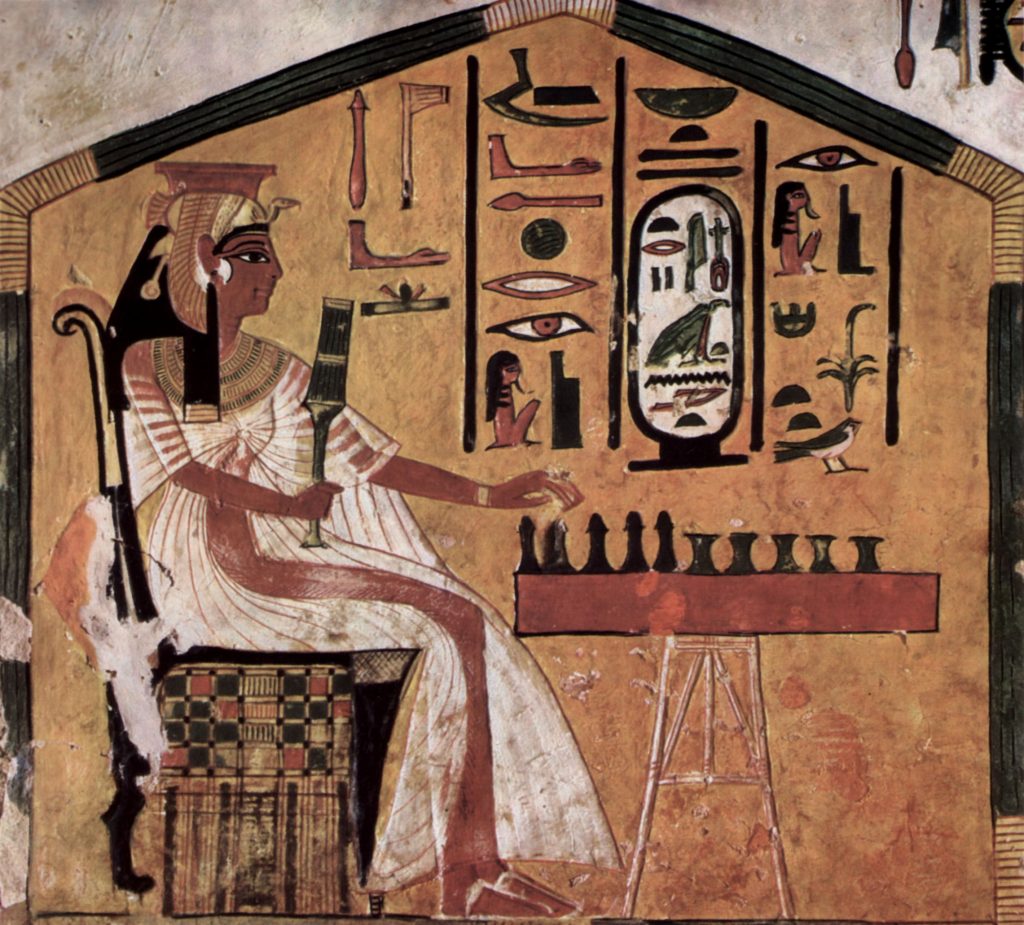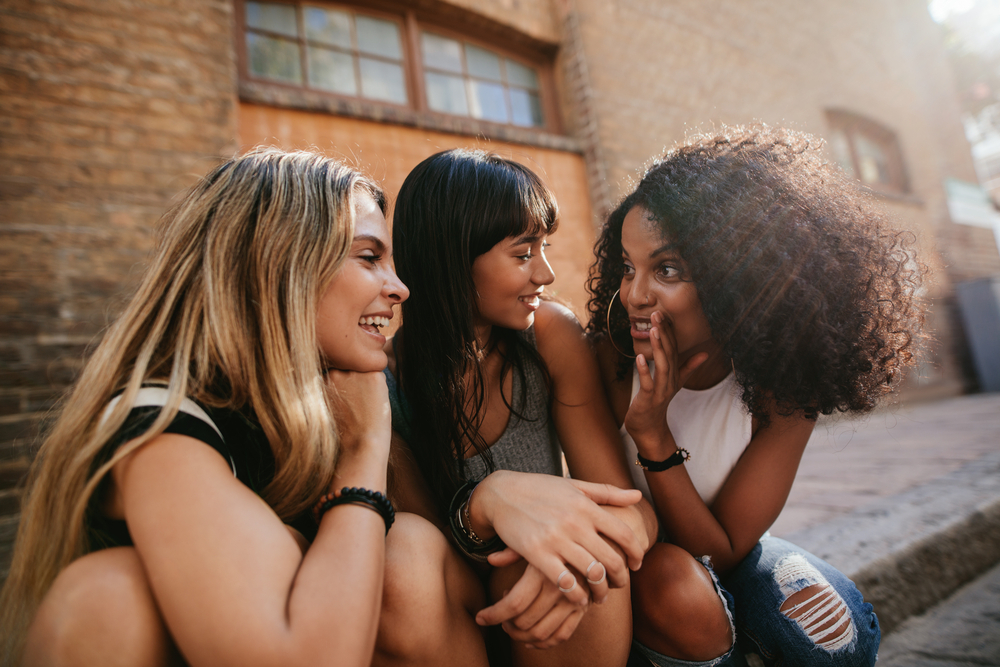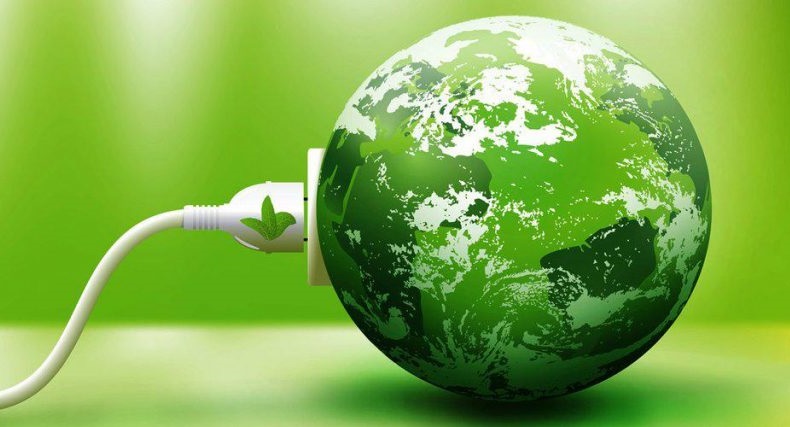Youth
One World … One Big Family

We are different but the same.
You might be amazed to know that all of us as humans share six similarities that are scientifically demonstrated. Some are noticeable but a lot remain obscure.
Some of the common characteristics are:
1- We are playful

Since the dawn of mankind, all of us have been seeking joy and entertainment in every activity we pursue such as playing sports or video games, dancing, telling jokes, composing music and even tickling.
Archeologists discovered that ancient Egyptians enjoyed playing board games; Queen Nefertari was portrayed in her tomb playing a board game called Senet.
“All mammals play, but no other species pursues such a wide variety of entertainment or spends so much time enjoying themselves like humans,” Clive Wynne at the University of Florida, Gainesville
2- We set rules
Rules differ from one society to another, but we learn to set rules to regulate our lives. As human beings speak different languages, enjoy varying brainpowers, and possess different skills, they came up with a much more comprehensive system of rules to regulate their activities and behaviors. Yet, each culture set its rules according to its conditions in three key areas: Safety, Kinship and Privacy Property.
“There are always rules about who counts as kin, and what obligations you have to kinfolk,” Robin Fox at Rutgers University in New Brunswick, New Jersey
3- We are epicurean and our feeding behavior is exceedingly odd

Scientists proved that cooked food with more calories and less chewing, for one hour per day, is the key innovation that enabled our ancestors to have more free time for extra activities, compared to other species that spend at least six hours a day chewing.
“Cooking is the signature feature of the human diet, and indeed, of human life — but we have no idea why,” Richard Wrangham at Harvard University
4- We love gossip

According to anthropologists, the answers are astonishing. Although gossiping is destructive, it brings people closer to each other, provides a source of information exchange, strengthens bonds among people, fosters self-esteem and allows people to learn from each other’s mistakes.
“Gossip evolved for oiling the wheels of social interaction,” Robin Dunbar, University of Oxford
These characteristics, though similar, do not make us identical. Each of us is unique in their own way, whether it is in their talents or skills, life experiences, passions, and even their imperfections.
Imagine if we were identical? The world would be boring and colorless. Our diversity makes the world flourish.
The rapid evolution of the internet and social media made the world a much smaller place. Today, more and more people from all over the world can communicate with each other, despite their cultural differences and diverse backgrounds.
Learning about different communities and about our world as a whole is now more accessible. This learning enables us to grow. Our diversity encouraged international cooperation whether it is in exchange of goods or exchange of ideas and thoughts.
Despite developments in means of communication and despite increasing international cooperation, challenges that all humans face nowadays are becoming more complex. Economic inequalities, poverty and climate change are increasingly becoming harder to address.
For this reason, a new era of cooperation began in 2015, one that is based on global development commitments with the adoption of the “Sustainable Development Goals 2030”.
“The 2030 Agenda and the Sustainable Development Goals are our collective response to building a fair globalization. They are a recognition of the need to address the gaps in the extraordinary expansion of the global economy over the last decades. We need to embed the essence of the 2030 Agenda into everything that we do,” António Guterres, United Nations Secretary-General
In January 2016, these goals were transformed into action through an inclusive and indivisible agenda adopted by 193 countries to guide global development policies for the coming years until 2030.
Inspired by the ancient Egyptian civilization, linking the present to future, Egypt adopted the Sustainable Development Goals. Egypt also issued its Sustainable Development Strategy (SDS), called “Egypt Vision 2030”. This vision represents a path on the way towards inclusive development through, economic and social justice, and reviving the role of Egypt in regional leadership.
Egypt is a great country located in an important geopolitical location linking the Middle East, Africa, and Europe. Its strategic position supports its constructive role in the region to promote peace and stability. Today, the challenge for Egypt is to transform some regional factors of uncertainty into productive catalysts for cooperation with its neighbors.
Aspiring to create new opportunities for development, Egypt was among the leading countries on the continent to achieve the Millennium Development Goals. In 2016, Egypt presented its first Voluntary Review on the Sustainable Development Goals.
Furthermore, Egypt is working with African countries to guarantee a better future for the whole continent. Accordingly, Egypt organized several forums that focused on challenges facing the continent, in order to highlight opportunities for development.
Believing in youth empowerment as an engine for growth and development, President Abdelfattah El-Sisi announced Aswan as “the capital of African youth” in 2019. Egypt hosted many African youth events, such as the Arab-African Youth Platform, which was held in March 2019 in Aswan.
In addition, Egypt launched the ‘African Presidential Leadership Program,’ a continental version of Egypt’s Presidential Leadership Program that aims to facilitate the transfer of Egypt’s extensive experience in empowering youth to create a new generation of young African leaders.
These events and programs are only one of several initiatives that Egypt launched to implement a broader initiative called “1 Million by 2021”. This initiative aims to create opportunities for young Africans in the fields of education, economy, entrepreneurship, and political participation.
In addition to cooperation with African countries, Egypt cooperated with Asia and Europe to achieve the aspirations of Egyptians for a decent living, stability, and prosperity, by creating the right environment for sustainable development.
Within this symphony of cooperation among countries, there has been a shift away from official development assistance towards a new paradigm based on effective development cooperation. It transcends the traditional donor-recipient aid approach. Rather, it is based on national ownership and building partnerships for development that aligns with national plans and priorities.
It is true that when you are alone, you are weak. However, when you collaborate with others, you will form a strong team capable of solving all sorts of problems. As the saying goes “United we stand; divided we fall”. We are all human beings. We are all the same and we face similar challenges. Yet, global cooperation allows us to stand hand in hand against all odds to achieve mutual goals.



